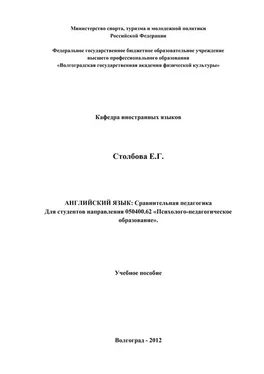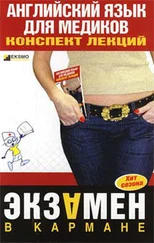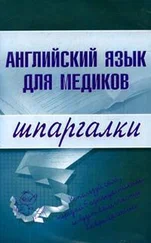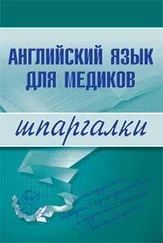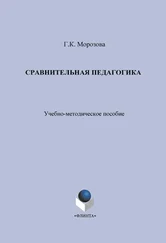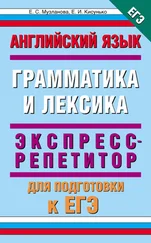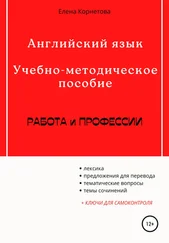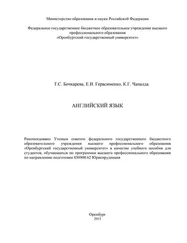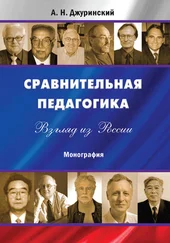Vocabulary:
refer to– относиться к
harbor– исходить
apprenticeship– учение
warfare– война
inspire– вдохновлять
goal– цель
invent –изобретать
performance– представление
confidence– доверие
benefit– извлекать пользу
correlation –соотношение
drought –засуха
bound– граничить
vary –отличаться
challenging– сомнительный
thought– мысль
shelter– убежище
admit– принимать
heritage– наследие
dependable– зависимый
2 . Give English equivalents:
Школа мысли, знаки, общество, ответственность, требовательный, система письма, иметь дело с, возможность, вдохновлять, требовать, принимать, удовлетворение, регулировать, бедные районы, зависимый, по-разному, получать удовлетворение.
3 . Translate these expressions:
Milestone, system of numbering, selectively, to achieve success, prehistoric times, to run down, rewards, frustrating, enabled man, promoting learning, meaning of life, critical pedagogy, to involve, environment, customs, apprenticeship, warfare, gestures.
4 . Answer the questions:
1. What kind of job is teaching?
2. How did people learn about the meaning of life?
3. What was the first major milestone in the history of education?
4. What do the rituals usually involve?
5. What does the term “pedagogy” mean?
6. What does the role of a teacher require?
7. How do different schools organize their teaching?
5 . Translate into English:
1. Обучение приносит много наград и удовольствий.
2. Учителя должны иметь способность общаться, вызывать доверие и уверенность и мотивировать учащихся.
3. Раньше у людей не было системы письма и чисел.
4. Ритуалы проводились в периоды войн, засухи или смерти.
5. Изобретение разговорного языка позволило человеку общаться более точно.
6. Так как общество становится все более сложным, учителя берут на себя больше ответственности за воспитание молодежи.
7. В доисторические времена учащиеся обучались путем подражания и обучения.
TEXT B
6 . Read and translate the text.
Aristotle(384 BC – 322 BC) was a Greek philosopher, a student of Plato and teacher of Alexander the Great. Aristotle is one of the most important founding figures in Western philosophy. Aristotle's writings were the first to create a comprehensive system of Western philosophy, encompassing morality and aesthetics, logic and science, politics and metaphysics.
Aristotle was an academic throughout his career. At the age of 18 he entered one of the most renowned centres of learning of his day, Plato’s Academy, where he became noted for the passion with which he devoted himself to his studies, particularly to reading, a trait which won him the nickname of ‘reader’. Then he built up the first great library which served as a model for the libraries of Alexandria and Pergamon. In 334 Aristotle returned to Athens and established his own school, the Lyceum. It was a type of university where research was pursued as an extension of higher education.
For Aristotle the goal of education is identical with the goal of man. Obviously all forms of education are explicitly or implicitly directed towards a human ideal. But Aristotle considers that education is essential for the complete self-realization of man. The supreme good to which all aspire is happiness. But for Aristotle the happy man is neither a noble savage, nor man in his natural state, but the educated man.
General understanding:
1. Who was Aristotle?
2. What was his goal of education?
3. Who was the happy man, according to Aristotle?
4. What was Lyceum like?
5. How did his ideas influence on Western philosophy?
LESSON 2
THE PROCESS OF TEACHING
TEXT A
1 . Read and translate the text.
A teacher's main responsibility is to teach. The teacher's job involves many roles besides that of instructing students. At times, a teacher serves as a parent surrogate, entertainer, psychotherapist, and record keeper, among other things. All of these are necessary aspects of the teacher's role. However, they are subordinate to and in support of, the major role of teaching.
Some teachers become more concerned with mothering or entertaining students than with teaching them. In these classes, much of the day is spent in reading stories, playing games, singing and listening to records. Such teachers do not like to spend much time teaching the curriculum and feel they must apologize to children or bribe them when lessons are conducted. These teachers are meeting their own needs, not those of the students. By the end of the year, the pupils will have acquired negative attitude toward the school curriculum, and they will have failed to achieve near their potential.
The teacher is in the classroom to instruct. This involves move than just giving demonstrations or presenting learning experiences. Instruction also means giving additional help to those who are having difficulty, diagnosing the sources of their problems, and providing remedial assistance. For the teacher we see that it means finding satisfaction in the progress of slower students as well as brighter ones. If a teacher's method of handling students who finish quickly is to assign them more of the same kind of exercises, students will learn to work more slowly or hid the fact that they have finished. Teachers would do much better to assign alternate activities of the students' choice or to allow them to move on to more challenging problems of a similar type.
Another important indicator is the way teachers respond to right and wrong answers. When teachers have the appropriate attitude, they accept either type of response for the information it gives about the student. They become neither overly elated about correct answers nor overly disappointed about incorrect answers. They use questions as a way to stimulate thought and to acquire information about a student's progress.
Although praise and encouragement are important, they should not interfere with basic teaching goals. If a teacher responds with overly dramatic praise every time a student answers a simple question, the class will likely be distracted from the content of the lesson. A better strategy is to follow a simple correct answer with simple feedback to acknowledge that it is correct. Criticism, of course, should be omitted. In general, the teacher’s behavior during question-and-answer sessions should say, "We're going to discuss and deepen our understanding of the material," and not, "We’re going to find out who knows the material and who doesn't."
Читать дальше
Конец ознакомительного отрывка
Купить книгу
